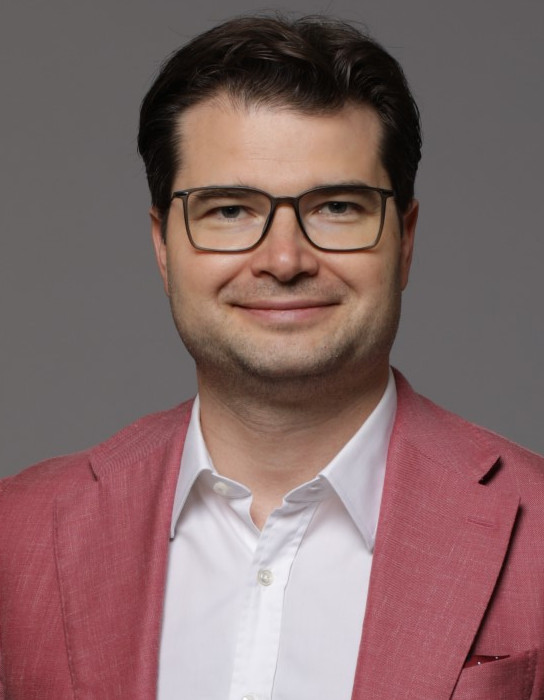App Start Contest
Lecturers
Laboratory exercises
Course Description
Study Programmes
University undergraduate
University graduate
General Competencies
Students through the course gain the following techno-economic competencies needed to develop mobile and applications: i) ability to manage the project life-cycle by using agile methodologies; ii) basic knowledge of mobile and web technologies; iii) ability to develop mobile applications for popular mobile platforms (iOS, Android, WP8) with an advanced knowledge of the platform selected for the project; iv) ability to turn one’s idea from concept into a innovative mobile and/or web application; v) ability to develop a business model for a project; vi) ability to work in a small to mid-sized team.
Learning Outcomes
- apply a techno-economic knowledge needed to develop applications for popular mobile and web platforms
- plan a life cycle of mobile and web applications
- distinguish mobile and web technologies
- develop creative and innovative mobile and web applications
- demonstrate sense of entrepreneurship in the mobile and web technology sector
- develop knowledge and skills needed to work in a team
Forms of Teaching
Lectures on economic topics related to developing business projects based on mobile and web platforms are held once a week in a two-hour block. The lectures are filmed and presented in a digital format on the web pages of the course. The lecturers are respected experts from the business and academic communities possessing know-how in the area of developing mobile and/or web projects: i) university professors and assistants (University of Zagreb Faculty of Electrical Engineering and Computing and University of Zagreb Faculty of Economics and Business); ii) entrepreneurs and managers with experience in starting and managing companies whose business models are based on mobile and/or web platforms; iii) members and alumnae of the student association eSTUDENT.
Experimental ExercisesWorkshops on relevant technical skills related to developing business projects based on mobile and web platforms are held once a week in a three-hour block. The workshops are filmed and presented in a digital format on the web pages of the course. The workshop presenters are respected experts from the business and academic communities possessing know-how in the area of developing mobile and/or web projects: i) university professors and assistants (University of Zagreb Faculty of Electrical Engineering and Computing and University of Zagreb Faculty of Economics and Business); ii) experts from the industry with experience of developing applications for targeted platforms (partner firms and leading firms for mobile application development).
ConsultationsJudges who mentor and grade projects comment the results of projects at defined milestone points.
SeminarsStudents present their project ideas as well as their business plan through seminar papers. The required materials are used by mentors to correct the course of development of student projects at defined milestones. Students also create the technical documentation for their application as well as presentations for their project.
Programming ExercisesThe project must fulfill, among others, technical completion criteria, meaning: i) the application must be functionally complete, with functionalities defined in the project idea document fully implemented; ii) the application’s user interface must have a complete design.
E-learningLectures and workshops are filmed and presented in a digital format on the web pages of the course. A dedicated forum is activated to enable students ask questions about the course/competition organization or content of lectures/workshops, as well as problems they encounter during their applications development process. These questions are answered by course/competition organizers, lecturers and experts for popular web/mobile platform. Additionally, the course interactively communicates with all stakeholders (i.e., students-competitors, organizers, lecturers, sponsors) via social networks (i.e., Facebook, Twitter).
Grading Method
| Continuous Assessment | Exam | |||||
|---|---|---|---|---|---|---|
| Type | Threshold | Percent of Grade | Threshold | Percent of Grade | ||
| Seminar/Project | 0 % | 100 % | 0 % | 100 % | ||
Comment:
To successfully complete the course students must fulfill the following criteria: i) regular attendance at lectures and workshops; ii) regular fulfillment of required tasks, meaning timely submissions of the project idea document, the business plan document, the required materials for mentors to evaluate the project at milestones, as well as the final submission of the finished project, which must fulfill completion criteria, which are defined as: a) the application must be functionally complete, with functionalities defined in the project idea document fully implemented; b) the application’s user interface must have a complete design; c) the associated technical documentation must contain the main elements presented in the relevant template document; d) a presentation must be enclosed to describe the project.
Week by Week Schedule
- Introduction into the mobile application market
- Mobile application development
- Android application development, part 1
- Android application development, part 2
- Web - an introduction
- Web - HTML5, CSS3
- iOS application development, part 1
- iOS application development, part 2
- WP7 application development
- Application development life-cycle, part 1
- Application development life-cycle, part 2
- Mobile payment
- The impact of mobile devices on the information and communication market
- Starting a business
- Exporting applications based on Information and Communication Technology (ICT)


 Pristupačnost
Pristupačnost
